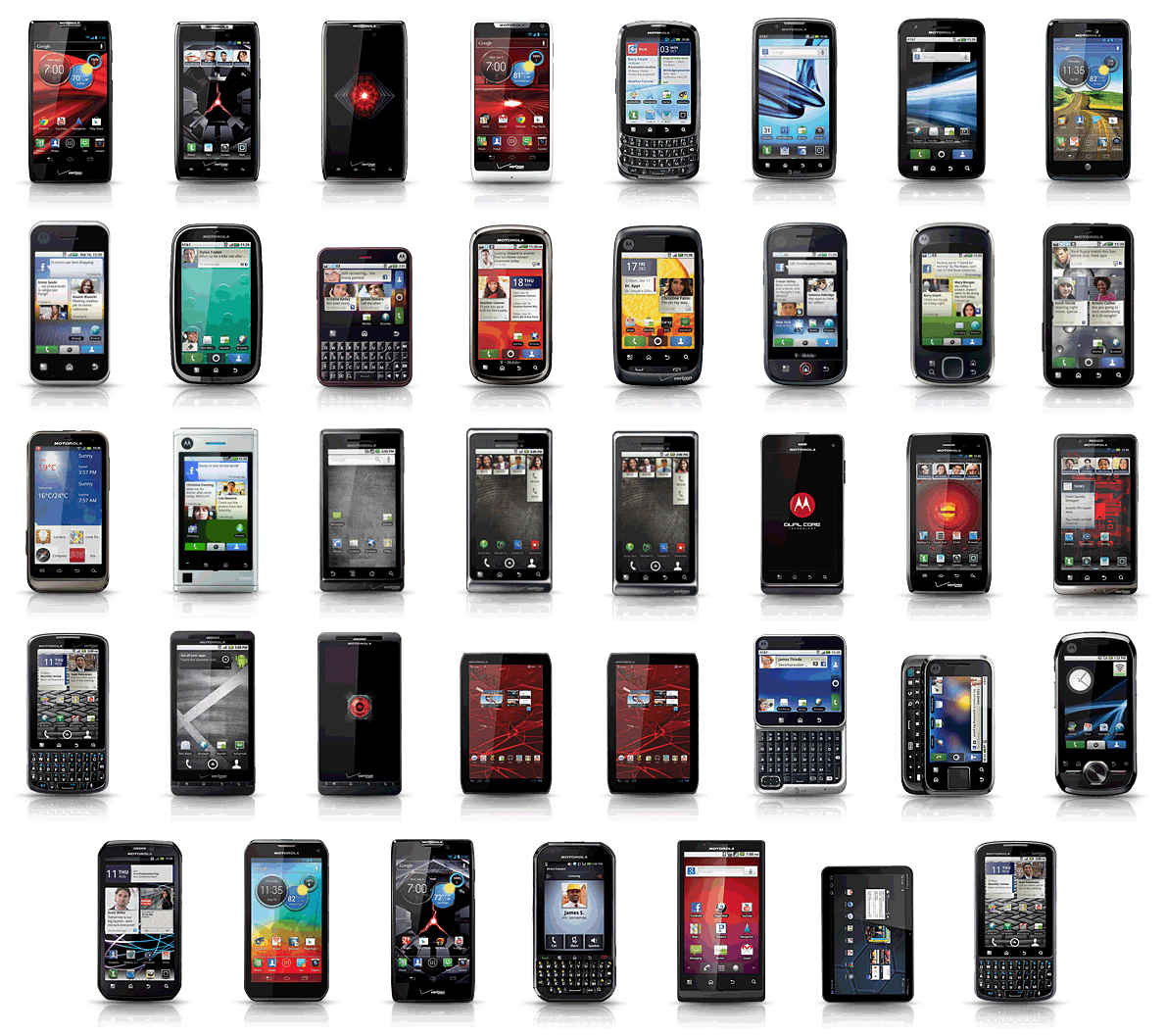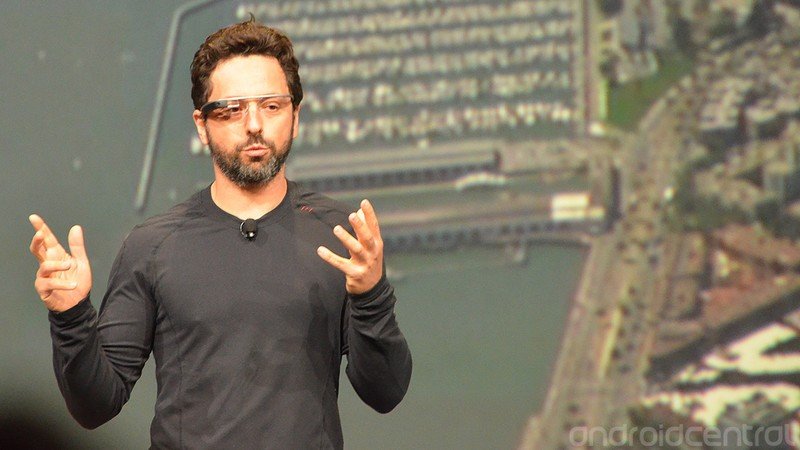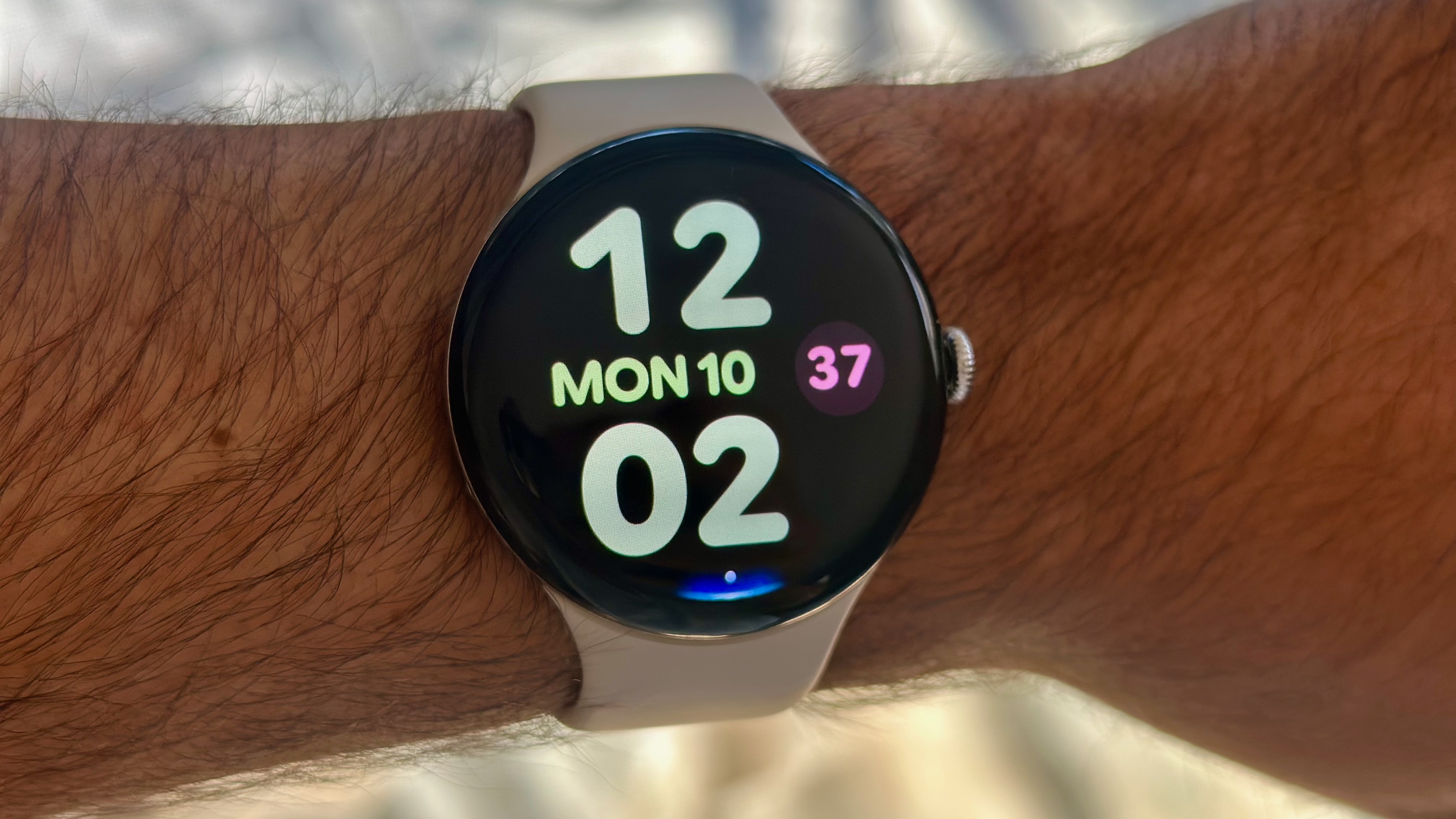Where's the 'Wow!'? – Motorola purchase is a long-term plan, Google's CFO reminds

Patrick Pichette said nothing shocking. Google's Chief Financial officer did not put his foot in his mouth. He didn't slam Motorola Mobility, the company Google acquired in 2012, as being lazy or incapable or inept or unable to make a quality smartphone that people would want to buy.
No, when Pichette spoke today at the Morgan Stanley Technology Conference (as relayed by The Verge), he simply reminded us of the truth. In fact, he didn't really say anything new. Motorola has current manufacturing obligations that must be met. (When companies don't do that, bad things happen.) And those current obligations, while serving some sort of purpose in the smartphone world (save for that pink RAZR MAXX HD, perhaps), simply aren't up to what folks in Mountain View would consider a "wow" product.
None of this should surprise anyone in the slightest.
What he said ...
Here's the meat of what Pichette actually said in his talk:
The case for Motorola, as I've said many times on the [earnings] calls, we've inherited a pipeline. Motorola has a great set of assets. And it had a pipeline of products that were fine, but not really to the standard to what Google would say was "wow." "Innovative." "Transformative."So we have been working really hard, through [CEO] Dennis Woodside and his team, to take a hold of Motorola, really kind of putting it on a trajectory that's much more what we believe at Google is the right mindset, the right timeframe. You invest for the long term.But we've inherited 18 months of pipeline that we actually have to drain right now, and while we're actually building the next wave of innovation and product line. And so far, as we've said many times in the past, we have to go through this transition. These are not easy transitions. We're very optimistic. We're very supportive. And we have a great plan for Motorola.
Go back and look at all those phones at the top of this editorial. I've handled nearly all of them. Reviewed many of them myself. There are some decent enough phones up there. And the original Motorola Droid deserves some serious credit for being the smartphone that essentially launched Android. But at the same time, as much (if not more) credit has to go to Verizon's marketing budget.
But Pichette is right. Where's the "Wow!"? I'd argue out of all those phones up there, only the Droid RAZR MAXX -- with its whopping 3300 mAh battery crammed into what, by today's standards, isn't a huge footprint -- gets anywhere near "wow." Innovative? Transformative? Not quite. That's not to say I don't think every company should try to get as much battery into a phone as possible -- Motorola should be commended here. But did it change the industry? Or the way we all use our phones? Not hardly.
Get the latest news from Android Central, your trusted companion in the world of Android
Great expectations
Google is, well, Google. It's the company that successfully index the Internet. Brought us Google Maps. Driverless cars. And, most recently, Google Glass.
And that's just the stuff we know about.
Those are products that have changed the world. Or that have a good chance to. I remember traveling through the Southeast with my parents in my formative years, often serving as navigator with a paper map spread out on the dash, trying to approximate how long it'd take us to get to Greenville, trying to remember to spot mile marker posts and exit signs. Last week, I went to Barcelona for Mobile World Congress with just a phone. Hell, I don't even carry cash when I travel, for the most part.
That's a transformative service.
For an even better look at what Pichette meant, I'd point you to Wired's piece from January by Steven Levy, "Google's Larry Page on Why Moon Shots Matter." The tl;dr version: Go big or go home.
So what's next?
Honestly, I have no idea. The largely unfounded hype over this "Motorola X" phone has folks excited, but there's not a single shred of tangible proof of what we'll see next from Motorola, and when we'll see it. (I'm one of those crazy news people who actually likes surprises, unless I'm the one spoiling it.) We've got more than enough work to do with actual products that actually exist and you can actually purchase.
Wall Street is not known for its patience. Most bloggers aren't either.
Google, however, has the time, the patience and the resources to make something great out of Motorola. But it won't happen in a day. Or in a year. But when it's ready, Google will bring the "wow." It might not be a hit. Sometimes Google swings and misses, even if it was a good cut at the ball.
But Google has a plan, and it's sticking to it.


